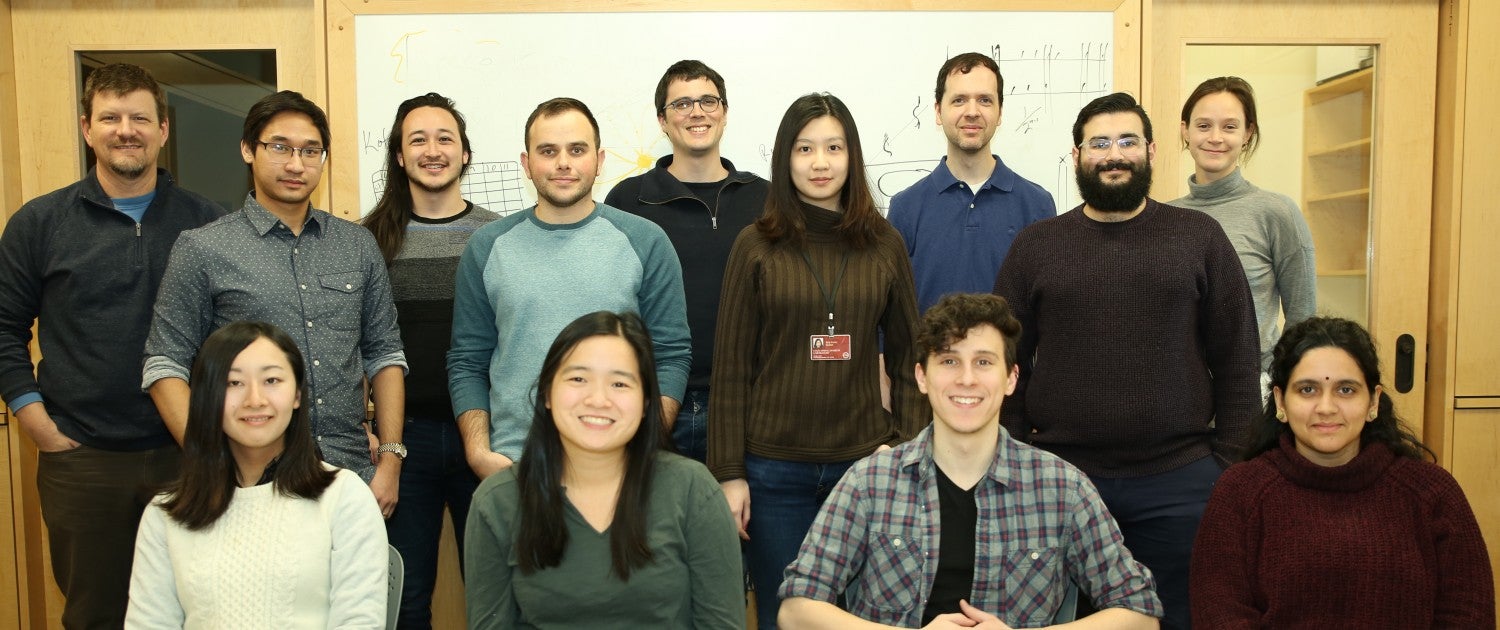Research in the Gillis lab aims to understand the flow of information from the genome to whole organism biology. Incorporating modeling and analysis of functional genomics data, this research is broadly integrative across data modalities, systems, and even species. Going further, it is also integrative across levels of biological organization, using molecular processes within cells to understand how and why cells diversify and how that diversity in turn affects organism phenotype. In addition to research on cell identity and co-expression, we develop methods and bioinformatics pipelines for external use, including stand-alone packages and web-based user-friendly analysis tools. We apply these methods in collaboration with a variety of research groups focusing both specifically on gene network analysis for biomedical research and broader quality control assessments.
As functional genomics data continues to increase in abundance and specificity, we have benefited strongly from the resulting need for organizing frameworks, deeply grounded in both biology and statistical insight. Consistent with our integrative approach, we have been particularly interested in determining base vocabularies to compare strongly disparate data with the goal of better exploiting conservation as a central principle to understand function in physiological systems. For example, by comparing human data to that from other species, we are able to establish which genomic features robustly contribute to variation at each level: molecular, cellular, and organismal.
A primary focus within the lab is the analysis of gene co-expression, or the shared expression profile of genes across conditions. Genes which express under similar conditions will tend to share functions, and by tailoring data and methods, co-expression can usefully model biological systems at those three levels of biological organization.
We are strongly dedicated to assessments of robustness and replicability, particularly in novel data, and our research focuses on making not only our own methods available, but also improving the utility of related data from other researchers.

